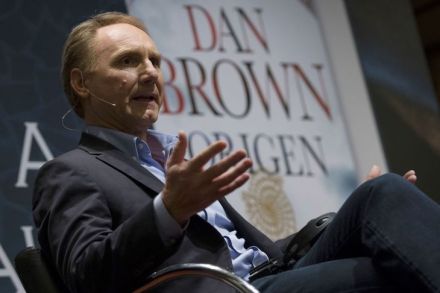Why more and more priests can’t stand Pope Francis
We’re closing 2017 by republishing our twelve most-read articles of the year. Here’s No. 9: Damian Thompson on Pope Francis: On 2 January, the Vatican published a letter from Pope Francis to the world’s bishops in which he reminded them that they must show ‘zero tolerance’ towards child abuse. The next day, the American Week magazine published an article that told the story of ‘Don Mercedes’ — Fr Mauro Inzoli, an Italian priest with a passion for expensive cars and underage boys. In 2012, Pope Benedict stripped Inzoli of his priestly faculties, effectively defrocking him. In 2014, however, they were restored to him — by Pope Francis, who warned him to



















